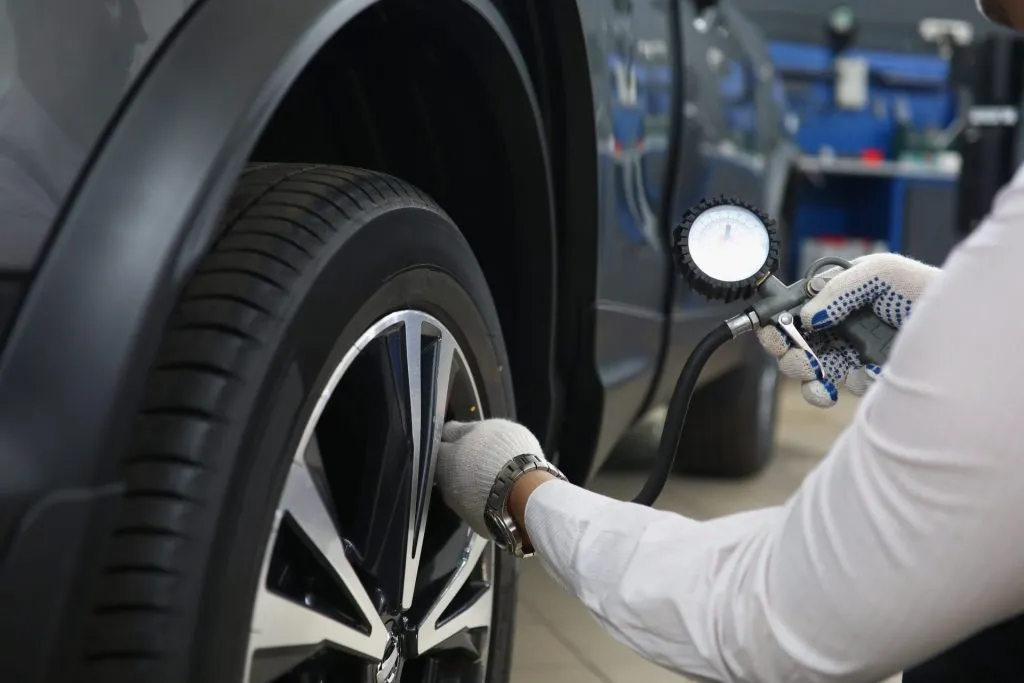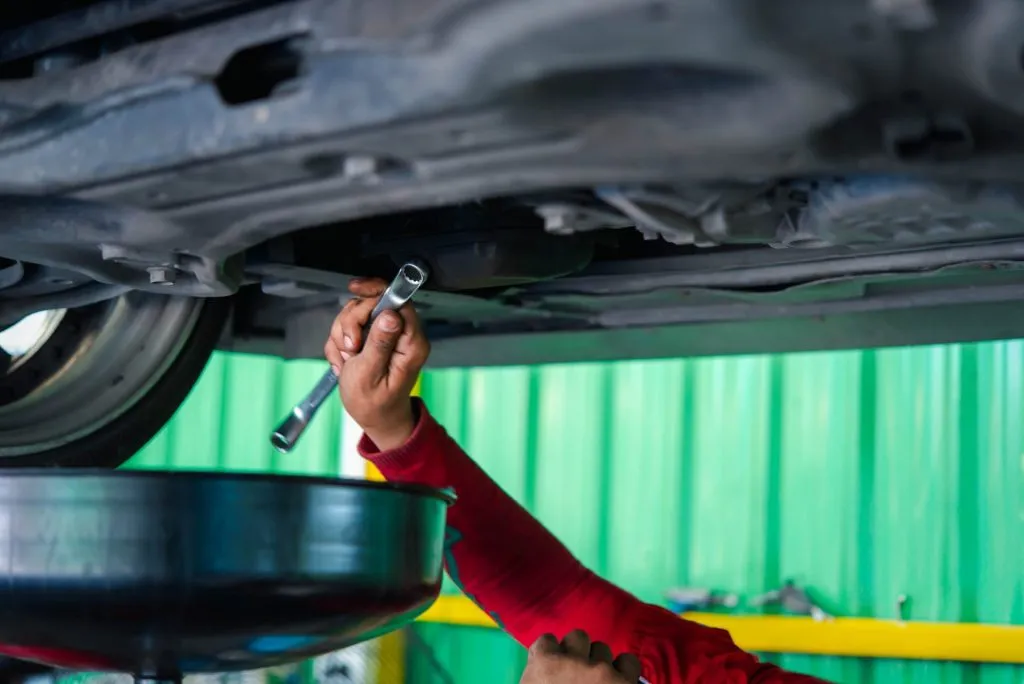Jeep Problems: Common Issues and Troubleshooting Tips
Common Problems with Jeeps: What Owners Should Know
Jeep vehicles are known for their rugged design and off-road capabilities, making them a favorite among adventurers and outdoor enthusiasts. However, these cars aren’t immune to mechanical problems. Over time, certain issues have become more common in different Jeep models.

Whether you’ve been driving a Jeep for a long time or are considering your first purchase, it’s important to know what to expect when it comes to reliability. Some of the most common problems include:
- Electrical problems: Jeep models, particularly the Grand Cherokee and Cherokee, are prone to electrical system problems. These include faulty sensors, unresponsive infotainment screens, and erratic dashboard warning lights that may require reprogramming or component replacement.
- Transmission issues: Jeep cars, especially with automatic transmissions, have been reported to experience rough shifting, delayed engagement, or slippage. The Jeep Cherokee is noted for 9-speed automatic transmission problems.
- Suspension issues: Frequent off-road use or high mileage can lead to premature wear of suspension and steering components such as control arms, ball joints, and bushings. This can result in noise and poor ride quality.
- Water leaks: Jeep Wrangler and Renegade models are prone to water intrusion, especially around doors, windows, and hardtops, which can cause interior mold and electrical damage.
- Oil leaks: One of the common issues reported in various Jeep engines is oil leaks from the rear main seal, oil filter housing, or valve cover gasket. If ignored, these can affect engine performance.
- Engine misfire: Faulty crankshaft or camshaft position sensors, particularly on older models of Wranglers and Liberty, can cause the motor to misfire intermittently.
- 4WD system malfunctions: Some Jeep SUVs experience loss of four-wheel drive engagement due to issues with the transmission or actuator.
- Excessive wind or road noise: This is especially common in the Jeep Wrangler due to its removable doors and roof, which can compromise interior insulation if not properly sealed.

Which Jeep Cars Have the Most Problems?
- Jeep Cherokee (especially 2014–2015 model years): This specific model is known for transmission problems. Many owners have reported delayed shifting, grinding noises, and, in severe cases, complete transmission failure. These issues can significantly affect the vehicle’s performance. Jeep owners also report check engine light warnings tied to faulty fuel injectors, spark plugs, or issues within the fuel system. Routine maintenance, such as engine diagnostics and regularly inspecting the cooling system, is important to ensure optimal performance and prevent engine overheating, especially in hot climates.
- Jeep Grand Cherokee (various model years): The Grand Cherokee has experienced persistent electrical problems, notably with the Totally Integrated Power Module (TIPM), affecting components like power windows, starter motor, and air conditioning. Engine stalling, difficulty starting, and random engine light warnings are also common. Suspension issues often contribute to a rough ride. Jeep servicing should focus on replacing worn-out parts and addressing major problems early to preserve resale value.
- Jeep Wrangler (2007–2018 model years): Wrangler owners frequently mention suspension problems, including the infamous death wobble, caused by worn steering components or misaligned parts. Water leaks from the hardtop or sunroof can affect the interior electronics. It’s important to regularly check the oil level, coolant level, and the oil pan for potential engine damage.
- Jeep Compass (early 2010s model years): The Compass is often noted for CVT transmission problems, including rough idling and delayed shifting. Fuel pump failures and starter motor issues have been linked to engine problems.
Regular maintenance and knowledge of the most common problems with your model are essential to keeping your car running smoothly for years.

Tips to Avoid Common Jeep Problems
- Keep up with regular maintenance: Timely oil changes, filter replacements, and fluid top-ups help prevent engine wear and other serious issues. Regular inspections of components like the exhaust system and water pump are also essential for overall vehicle operation.
- Check for software updates: Ensure your infotainment system, transmission, and ECU software are up to date to save optimal performance.
- Check the transmission: If you have or are buying a model with a 9-speed or CVT transmission, look out for any unusual shifts, lag, or jerks.
- Regularly check oil and coolant levels: Low fluids can cause significant engine damage, particularly in demanding conditions.
- Address warning lights immediately: Don’t ignore dashboard signals. Warning lights can indicate serious problems with sensors, brakes, or the engine. A diagnostic scan can detect issues early.
- Avoid overloading or excessive towing: While known for their off-road prowess, Jeeps can suffer from strain when consistently overloaded or used for heavy towing. This can impact the suspension, transmission, and braking systems.
- Seal and inspect the roof (Wrangler, Renegade): Water leaks are common on models with removable roofs. Check seals and gaskets regularly to prevent moisture from damaging the interior or electrical components.
- Change tires regularly and keep them aligned: Uneven wear and suspension tension are common in Jeeps. Proper alignment and rotation contribute to safe handling and a comfortable ride.
- Use quality parts: When repairs are needed, avoid cheap aftermarket parts. Using quality or OEM parts can improve long-term reliability and reduce the likelihood of recurring failures.
- Know your Jeep’s weak points: Research your model and year to understand common problems. Being aware of known problem areas will help you take preventative steps to avoid them.

How Reliable is Jeep Compared to Other Brands?
Jeep vehicles are highly regarded for their capabilities and rugged style, but when it comes to overall reliability, they tend to rank below average compared to other major car brands.
While some owners report long-term satisfaction, especially with models like the Wrangler, others note frequent repair Jeep and maintenance costs. Jeep often lags behind brands like Toyota, Honda, and Mazda, which are known for their consistent reliability.
However, Jeep’s performance and features make it a popular choice for drivers who value adventure over long-term reliability.
It’s also important to consider the driving environment and usage. Jeeps are often driven in harsher conditions, such as off-road trails, snow, and rough terrain, which naturally leads to faster wear and tear compared to everyday vehicles. In these conditions, Jeeps can outperform more reliable brands that aren’t designed for extreme use. Ultimately, a Jeep can be a reliable vehicle if properly maintained, but potential buyers should be aware of the model’s inherent problems and consider car repair in Dubai options, warranty coverage, or a thorough inspection before purchasing.





